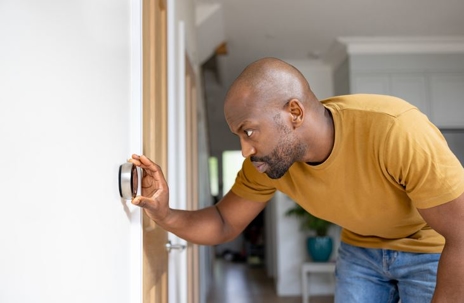It's no secret that in the humid heat of a Florida summer, air conditioning is essential. But when your air conditioner stops working, it leaves you and your family feeling uncomfortable and frustrated. Before calling an HVAC technician or spending money on repairs, there are some things you can troubleshoot to determine what's wrong.
Check Your Thermostat Settings
One of the most common culprits of a malfunctioning air conditioner is improper thermostat settings. Check the batteries in your thermostat (if it uses them) and make sure that the temperature is set correctly for cooling. Also, be sure to check any programs or timers you have set on the system—you may simply need to adjust a setting or two if the system isn't properly engaging when it should be.
Inspect Fuses or Breakers
Another thing that may be causing problems with your air conditioner is faulty fuses or breakers. Take a look at any power distribution panels in your home (including those outside) to ensure all circuits associated with the AC unit are functioning properly. If one of these circuits has been tripped, resetting it will likely resolve the issue; however, if this doesn't work, you may need to inspect other components of AC unit.
Change the Air Filter
Your air filter plays an important role in the performance of your air conditioner, and a clogged or dirty filter can reduce system efficiency or even cause your AC to stop working. Check your filter monthly during peak use periods and replace it as necessary (at least once every 3 months is recommended). Cleaning or replacing the filter will help ensure that your cooling system is running optimally.
Have Maintenance Done Annually
Regular maintenance helps keep air conditioners running smoothly so they don't require emergency repair services as often. Fortunately, most residential AC systems don't require this type of service more than once per year—make sure to call an HVAC specialist before temperatures spike again so you can start off on the right foot! This can help avoid potential issues down the road that could come with costly repairs or replacement parts costs.
Call in Professional Help When Necessary
Even after taking all of these measures into account, you may still find yourself with a problematic AC unit that requires professional help from an HVAC technician or electrician. Though these services cost money, they're worth having done if the job calls for it—especially if not doing so would result in further damage or higher costs down the line. Be sure to contact experienced professionals who have proper licensing and insurance coverage!

